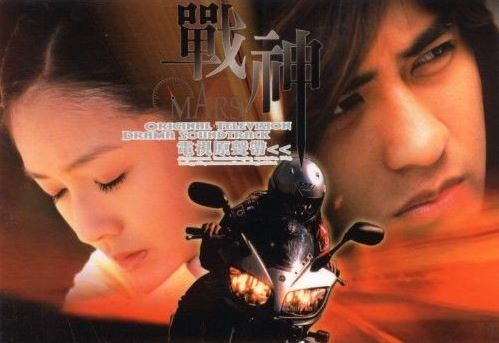Prince Philip believed part of his mission in life was to ensure the British throne would survive in the next centuries, firing bullet to those who may want to ruin the reputation of the crown.
Two of the "casualty" of his fiercely protective nature towards the monarchy were his daughters-in-law, Diana, Princess of Wales and Sarah, Duchess of York, whose messy marriages to two of his sons created serious crisis to the monarchy.
But Diana and Sarah were not the only people who triggered Philip's resentment, Prince Charles and Prince Andrew received his lashing.
He was often heard criticizing his eldest son, Prince Charles, for his unconventional behavior carrying an affair with a married woman (Camilla Parker Bowles) while still married with Diana.
Although public speculation on how he handled the crisis of his son's controversial marital and extra-marital affairs varies, the Duke's sympathy had always been on Her Majesty's reign.
Initially, Prince Philip and the Queen tried to save the marriage of Charles and Diana but it was the Prince of Wales who stomped hard his feet on the ground to get out of his marriage he thought was already irretrievable.
In the public view, Prince Philip was a callous parent who terrorized his daughters-in-law and tolerated his sons, but in reality, he was assuming both the role of a father and a prince consort.
He was known to have offered his sheer of sympathy, but his loyalty had always been on his role as a consort of the sovereign who meant business.
No matter how the public wrongly perceived the Duke of Edinburgh, he was a devoted consort to Her Majesty and the House of Windsor's custodian of royal decorum.
The Queen herself acknowledged the loyalty, dedication and sacrifices he did for the monarchy, calling him "my strength and my stay all these years".
Apart from her, no other member of the House of Windsor ever understood royal duty in the real sense of the world better than Prince Philip.
Prince Philip's turbulent childhood
Despite born royal, and descended from Europe's most illustrious royal families, Prince Philip did not live a life of privilege and wealth.
In 1923, his family fled Greece and lived in exile for the rest of their lives. His father, Prince Andrew of Greece and Denmark, was accused of High Treason for breaking the rules of engagement of his military commanders during the Greek-Turkish war.
He was rescued by his cousin, King George V of Britain, by dispatching a British warship to get him and his family out of Greece.
In 1931, when Prince Philip was 10 years old, his parents separated. His mother was sent to a mental facility in Switzerland while his father went to live in Southern France with a mistress.
All of his four sisters already married princes in Germany so the young Prince Philip was sent to England to live with his grandmother, Princess Victoria of Hesse and by Rhine, at Kensington Palace.
Since then, Philip had no permanent home and was constantly shuffling locations with various royal relatives around Europe. His education was financed by his sisters in Germany, maternal uncle, Lord Mountbatten, and maternal aunt, Crown Princess Louise of Sweden, wife of the future King Adolf VI Gustaf of Sweden.
His deeply troubled childhood had shaped Prince Philip's views in later life and taught him to be resilient, independent and patriarchal. The fall of the Greek monarchy also marked a searing memory in his mind. Greece was engulfed with political unrest and instability, constantly switching from monarchy to republic to monarchy and finally declared republic in 1947.
Philip was in line in the Greek throne succession until 1947 when he renounced his Greek royal title to become a British subject for his marriage to then Princess Elizabeth.
In November 1947, he finally found a permanent abode when he married the future Queen and found his true mission in life when he became a prince consort in 1952.
The experiences he undergone in his young life further honed his personality to be robust, protective and defensive against any threats of the throne's survival.
As a result, he was viewed as an arrogant man.
How I've come to know Prince Philip
In my college years, I became fascinated with the European monarchy after reading the story of Queen Victoria's glamorous era. From then on, I began digging stories about the European royals and started collecting royal books.It began my extensive research about royals of Europe, reading about royal titles, royal history, royal lifestyle and their function in the current society.
I started writing few articles about the Duke of Edinburgh and submitted it on pay-per-post websites. The hobby developed into a passion until it turned into a blogging endeavor about the royal world.
















0 Comments